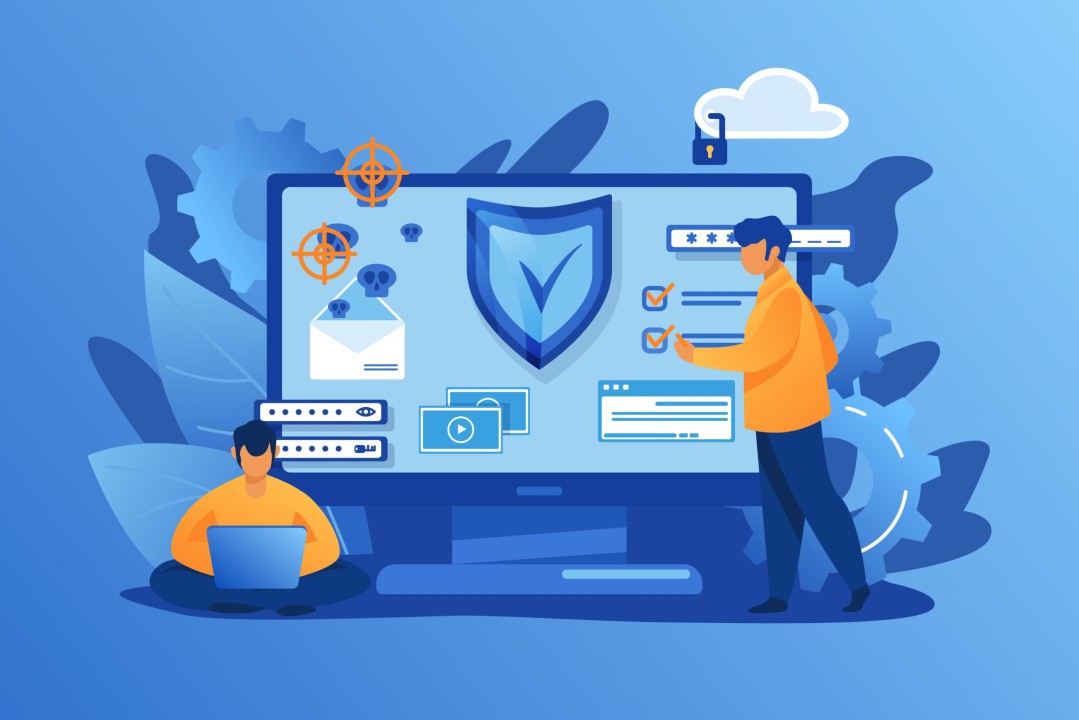
In today's rapidly evolving business landscape, organizations are continually seeking ways to enhance their operational efficiency, security, and overall performance. Three emerging methodologies - DevOps, DevSecOps, and BizOps - have gained significant attention for their potential to drive innovation, collaboration, and success. In this blog, we will dive into the key aspects of each methodology, highlighting their unique characteristics, benefits, and how they contribute to organizational success.
- DevOps: DevOps, a portmanteau of Development and Operations, is an approach that fosters collaboration between software development teams and operations teams. It emphasizes automation, continuous integration/continuous delivery (CI/CD), and rapid, iterative software development. DevOps aims to streamline processes, reduce bottlenecks, and accelerate software delivery. By integrating development and operations, DevOps fosters better communication, collaboration, and faster time-to-market.
- DevSecOps: Recognizing the growing importance of security in software development, DevSecOps expands upon the principles of DevOps by integrating security practices throughout the development lifecycle. It emphasizes shifting left on security, where security measures are implemented early in the development process. DevSecOps focuses on automating security processes, continuous monitoring, and integrating security into CI/CD pipelines. This approach enables organizations to build and deploy software with security as a fundamental aspect, reducing vulnerabilities and enhancing overall resilience.
- BizOps: BizOps, short for Business Operations, is a methodology that brings together business and technology teams to align goals, optimize operations, and drive business outcomes. It focuses on data-driven decision-making, performance analytics, and cross-functional collaboration. BizOps breaks down silos and encourages transparency between departments, enabling organizations to make data-informed decisions, adapt quickly to market changes, and maximize business value.
Comparative Analysis:
- Collaboration: DevOps and DevSecOps emphasize collaboration between development and operations teams, fostering a culture of shared responsibility. BizOps, on the other hand, promotes collaboration between business and technology teams to align objectives and drive organizational success.
- Security: While DevOps streamlines software development and operations, DevSecOps goes a step further by integrating security practices throughout the development lifecycle. It ensures that security is not an afterthought but an inherent part of the development process.
- Business Alignment: BizOps places a strong emphasis on aligning business goals with technology initiatives, enabling organizations to optimize operations, make data-driven decisions, and achieve desired business outcomes.
- Automation: All three methodologies advocate for automation to improve efficiency and reduce manual tasks. DevOps focuses on automating software development and deployment processes, DevSecOps incorporates automated security practices, and BizOps leverages automation for data analysis and performance monitoring.
In a fast-paced business environment, organizations must adopt methodologies that align with their goals and values. DevOps, DevSecOps, and BizOps offer distinct yet complementary approaches to enhance efficiency, security, and business outcomes. DevOps accelerates software development and delivery, DevSecOps strengthens security practices, and BizOps aligns business goals with technology initiatives. Choosing the right methodology depends on the organization's priorities, industry, and specific requirements. Ultimately, integrating these methodologies can foster a culture of collaboration, innovation, and success, enabling organizations to thrive in the digital era.